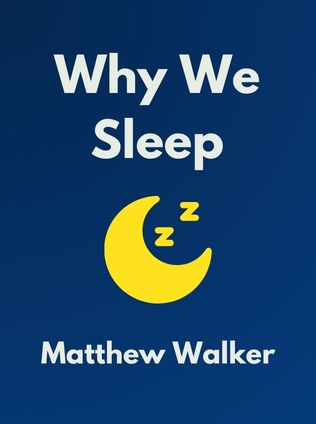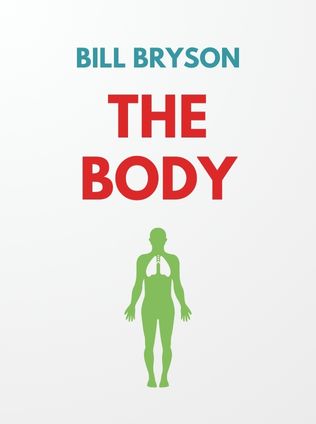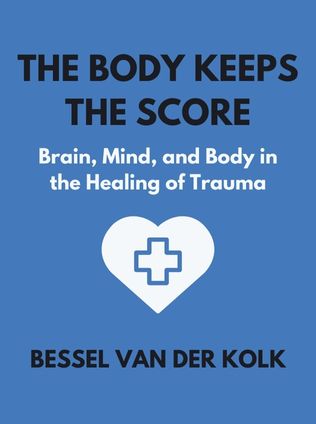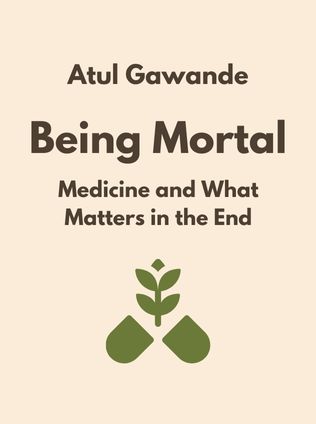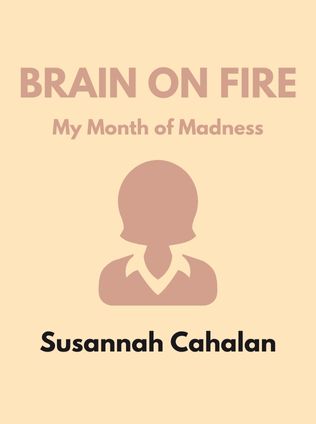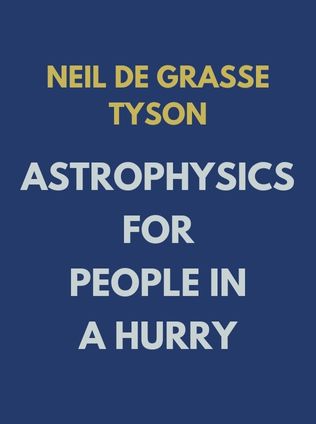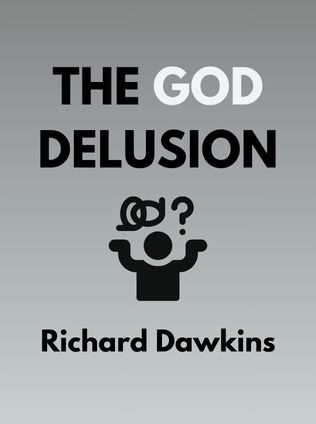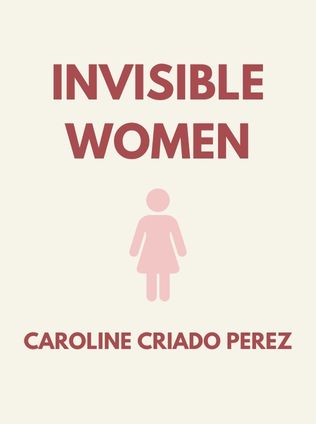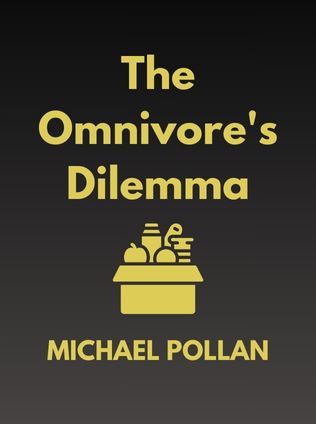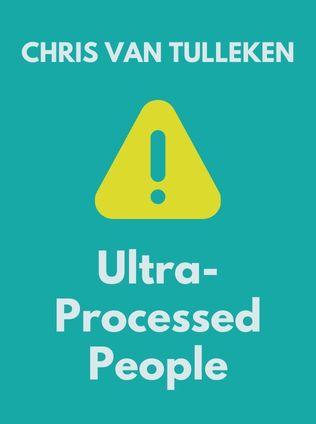
Ultra-Processed People
The Science Behind Food That Isn't Food
By Chris van Tulleken
Published 04/2023
About the Author
Chris van Tulleken is a prominent British physician, broadcaster, and author with extensive experience in public health and infectious diseases. He holds a PhD in molecular virology from Oxford University and is currently an assistant professor at University College London. Van Tulleken is widely recognized for his work in educating the public about the impact of modern diets on health, particularly the consumption of ultra-processed foods (UPF). His expertise is not only academic but also deeply personal, as he has spent years researching the effects of UPF on the human body and advocating for healthier, more sustainable dietary practices.
Van Tulleken’s career has been marked by his ability to translate complex scientific concepts into accessible, engaging content. His television show "Operation Ouch," which is aimed at educating children about medicine and the human body, has won multiple awards, including two BAFTAs from the British Academy of Film and Television Arts. His approach to public health communication is grounded in a deep understanding of science, combined with a passion for improving the health of individuals and communities. His book, "Ultra-Processed People," is a continuation of this mission, offering a rigorous critique of the food industry and its impact on our health and the environment.
Through his work, van Tulleken has become a leading voice in the movement against ultra-processed foods, advocating for greater awareness of the dangers these foods pose and calling for systemic changes to reduce their consumption. His message is clear: to protect our health and the planet, we must rethink our relationship with food and make informed choices that prioritize whole, minimally processed foods over industrially manufactured products.
Main Idea
"Ultra-Processed People" is a powerful critique of the modern food industry, focusing on the detrimental effects of ultra-processed foods (UPF) on human health and the environment. Chris van Tulleken argues that UPF is not real food but an industrially produced substance designed to be addictive, profitable, and devoid of nutritional value. The book highlights the ways in which UPF contributes to a range of chronic diseases, environmental degradation, and social inequality. Van Tulleken’s central thesis is that by understanding the true nature of UPF and its impact, individuals can make informed choices to protect their health and advocate for broader changes in food policy and industry practices.
Table of Contents
- Introduction
- What Is Ultra-Processed Food?
- The Difference Between Processed and Ultra-Processed Food
- The Role of the Food Industry
- How Ultra-Processed Foods Are Made
- Negative Health Effects of Ultra-Processed Food
- Links to Obesity and Chronic Diseases
- How UPF Disrupts Our Appetite Regulation
- The Impact on Mental Health
- Environmental Impact of Ultra-Processed Food
- Contribution to Climate Change
- Plastic Pollution and Waste
- Regulating Ultra-Processed Food
- Government Policy and Industry Influence
- Effective Labeling and Marketing Restrictions
- Taxation and Pricing Strategies
- How to Reduce Ultra-Processed Food Consumption
- Personal Strategies for Reducing UPF Intake
- Advocating for Broader Change
- Conclusion
What Is Ultra-Processed Food?
Van Tulleken begins by defining ultra-processed food (UPF) and explaining how it differs from other types of processed foods. While all foods undergo some level of processing, ultra-processed foods are those that have been transformed through industrial processes to the point where they bear little resemblance to the original ingredients. These foods are often made from inexpensive, high-yield crops such as corn and soy, which are broken down into their basic molecular components and reassembled with synthetic additives to create products with long shelf lives, enhanced flavors, and appealing textures.
The key characteristic of UPF, according to van Tulleken, is that it is designed to be hyper-palatable and addictive. The food industry uses a combination of fats, sugars, salts, and artificial flavorings to create foods that stimulate the brain’s reward centers, encouraging overconsumption. These foods are often marketed as convenient, affordable, and tasty, making them a popular choice for busy consumers. However, the convenience of UPF comes at a significant cost to health.
Sign up for FREE and get access to 1,400+ books summaries.
You May Also Like
The Body Keeps the Score
Brain, Mind, and Body in the Healing of Trauma
By Bessel van der KolkFactfulness
Ten Reasons We're Wrong About the World – and Why Things Are Better Than You Think
By Hans Rosling









